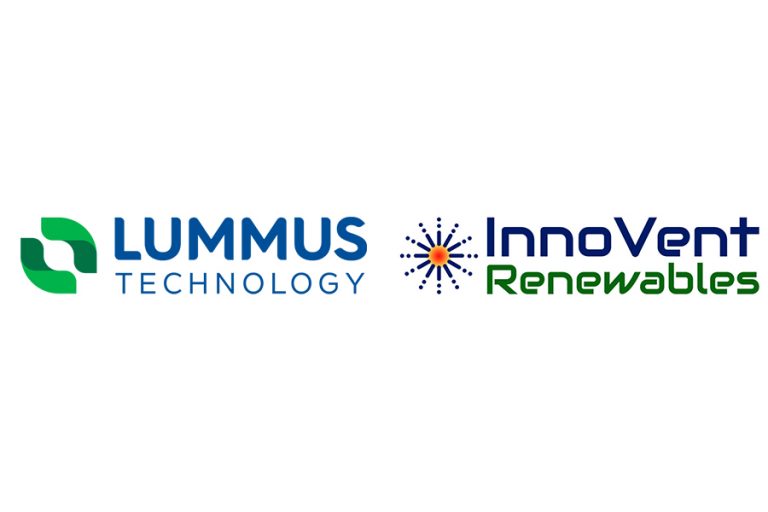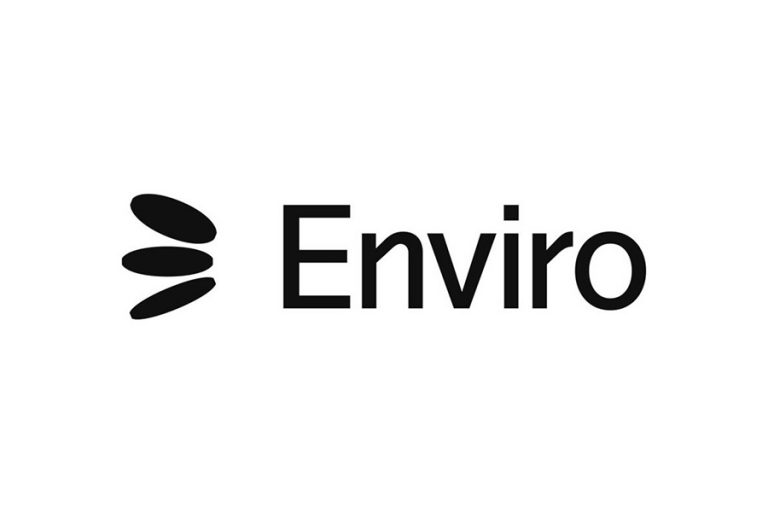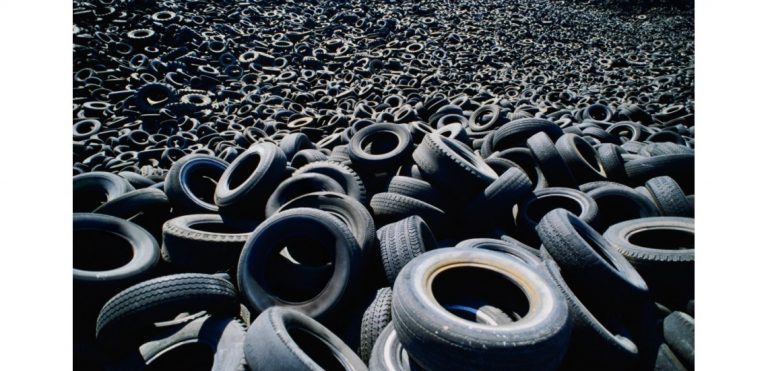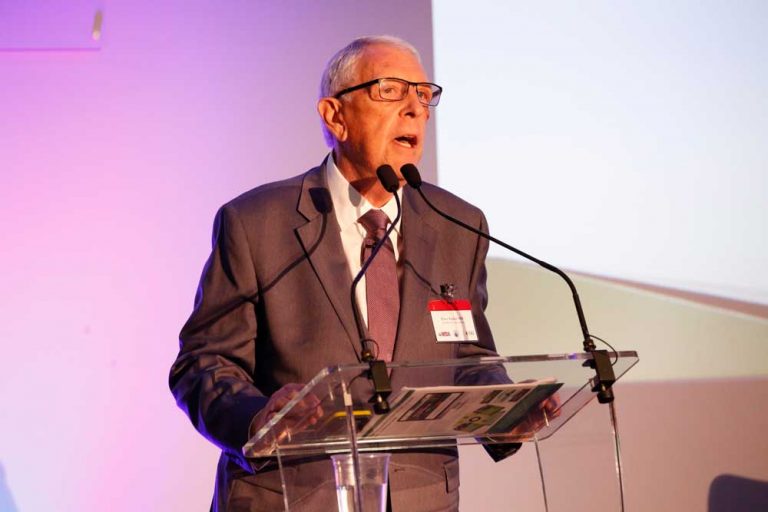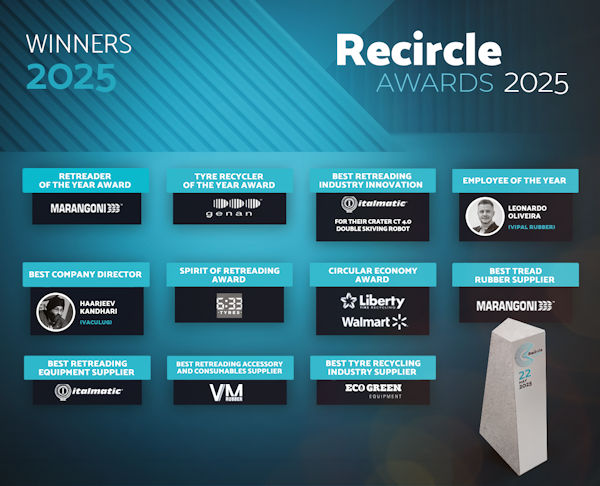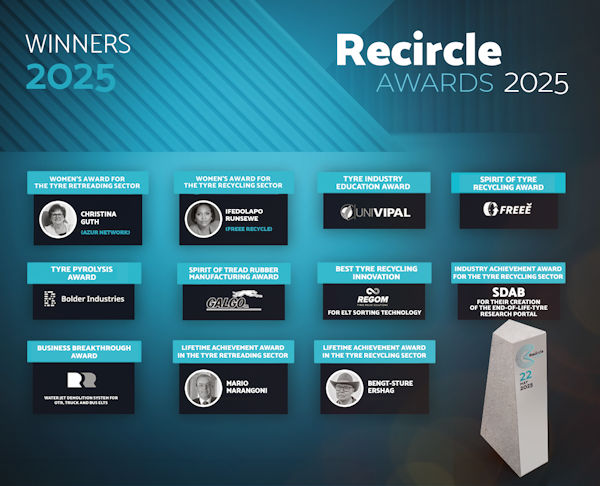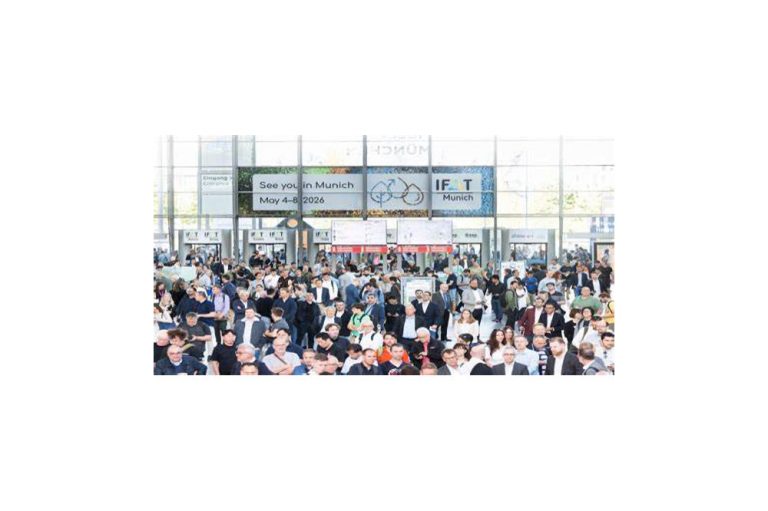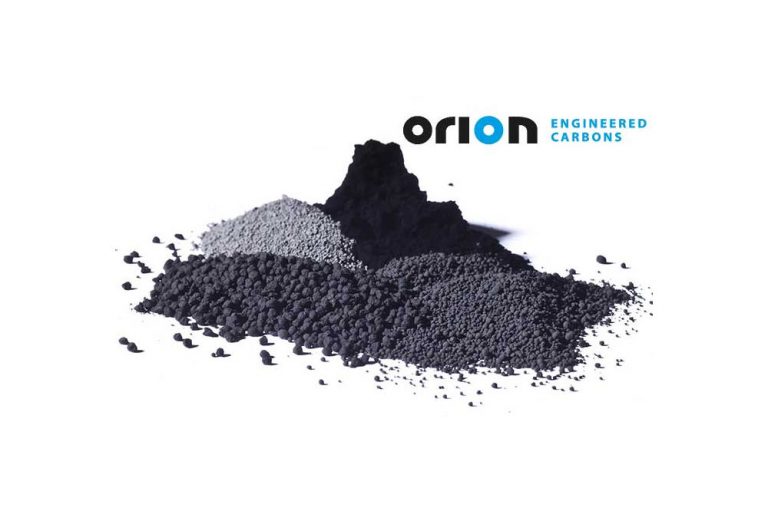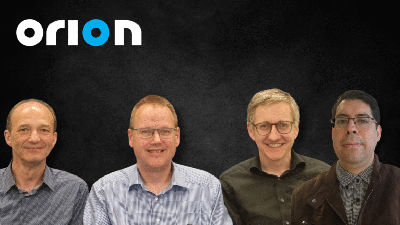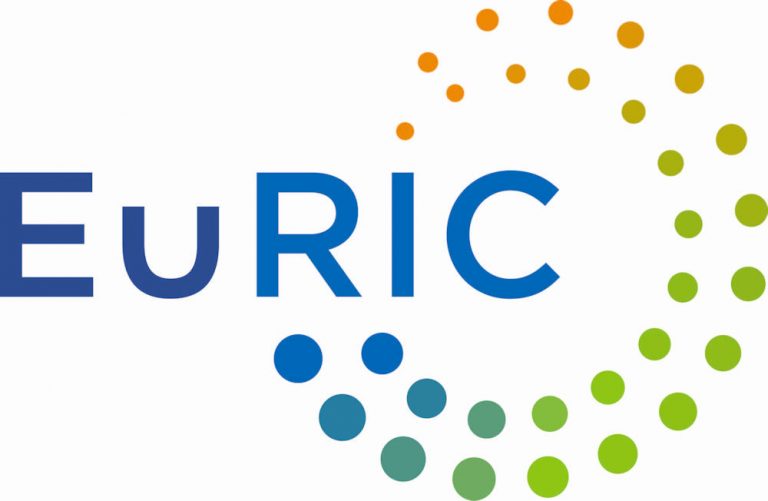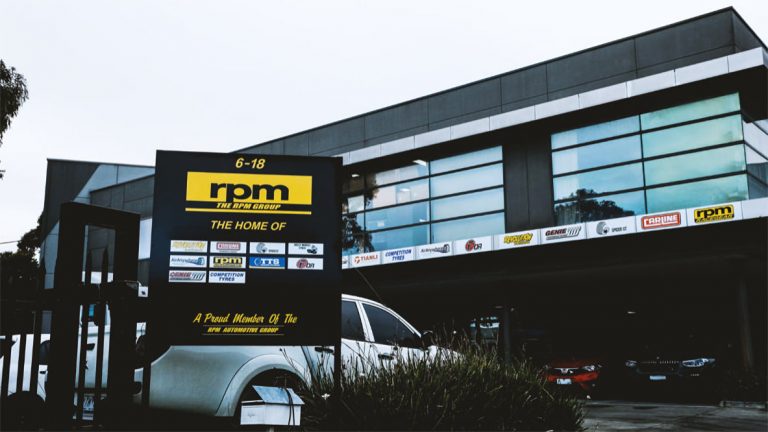Environment Agency initiated their Waste Tyre inquiry following the BBC’s tyre scandal expose, and the TRA provided a history of evidence previously provided
The Tyre Recovery Association has released the comprehensive dossier of evidence they submitted to the Environment Agency’s inquiry into Waste Tyres. The dossier summarises the years of persistent engagement with government and regulators, highlights the urgent need for reform in the management and export of end-of-life tyres (ELTs).
The submission follows recent increased scrutiny of the waste tyre sector, greatly assisted by the BBC File on 4 documentary The Tyre Scandal which exposed the environmental damage caused by UK baled waste tyres shipped to India. The TRA actively participated in the EA’s in-person meetings held in Birmingham on the 22 May, providing direct input to the review team.
Evidence submitted addresses key issues, including the long-standing call for the removal of the T8 exemption, which currently allows for the export of whole end-of-life tyres without sufficient oversight. The TRA has long campaigned for a “shred-only” export protocol, as pioneered by environmental regulators in Australia, to ensure that tyres are processed responsibly and domestic recycling capacity is properly utilised.
Peter Taylor OBE, Secretary General of the TRA, said; “Our dossier sets out how, over five years, the TRA has been consistently raising the alarm about the systemic failures in regulating waste tyre exports and the detrimental impact on the environment and legitimate UK recycling businesses. This submission to the Environment Agency’s review is a culmination of this work, providing detailed evidence, including GPS tracking data and discrepancies in import volumes, that unequivocally demonstrates the scale of the problem.
“We have provided the Environment Agency with irrefutable evidence of the challenges facing our sector and the consequences of inaction. The time for platitudes and one-way correspondence is over.
“We must be confident that our submission will empower the EA to finally take decisive action, leading to robust regulatory reforms that protect the environment and enable the UK’s tyre recovery industry to continue and play its crucial part in building the zero-waste circular economy.”
The TRA will continue with its collaborative engagement with the Environment Agency and DEFRA to drive the reform British industry needs and ensure that the review leads to concrete and timely policy changes the TRA’s members need.
· The full TRA dossier submitted to the Environment Agency Waste Tyre review is available HERE.
The Tyre Recovery Association is calling on the Government to update two pieces of regulation:
· Ending T8 exemptions (announced some years ago, but no action has followed. Scottish authorities ended T8 exemption in 2018)
· Ending exports of whole end-of-life car tyres (ELTs) (as Australia has demonstrated, a simple and effective means of addressing environmental concerns and ensuring domestic capability)”
Steve Reid, DEFRA Secretary of State, told the Labour Party conference in September 2024, that the government will; “end the throwaway society by creating new jobs reusing and recycling materials as we work towards a circular economy that protects nature and our precious climate.”
It would be reasonable to say that little progress has been made since the election.
In fact, the editor found an article written some 14 years ago which highlighted the coming risks of unmanaged waste exports. It could have been written yesterday.
Tyre and Rubber Recycling is aware of evidence supplied directly to the Environment Agency by several players in the industry, and the evidence appears to have been set aside.

















